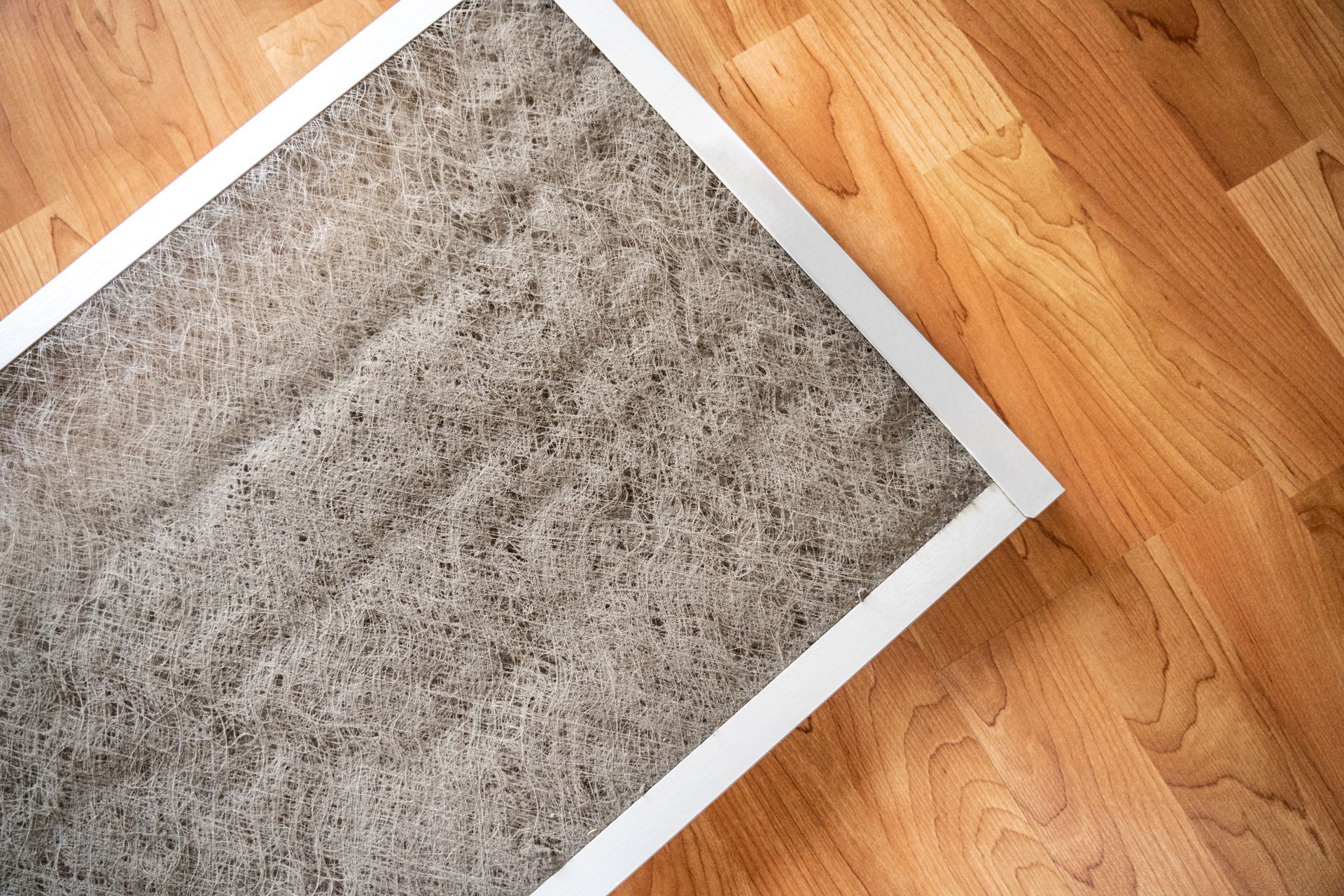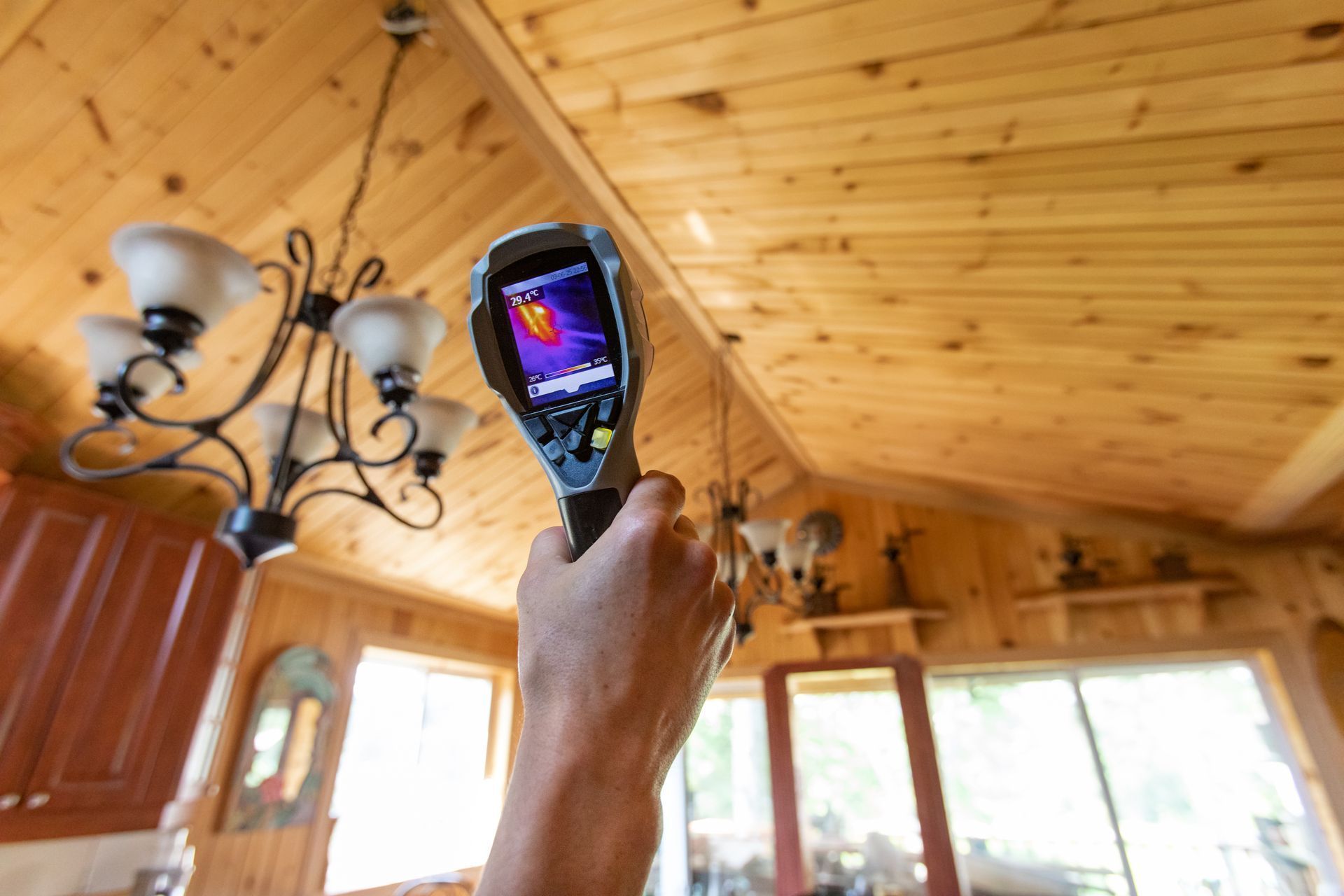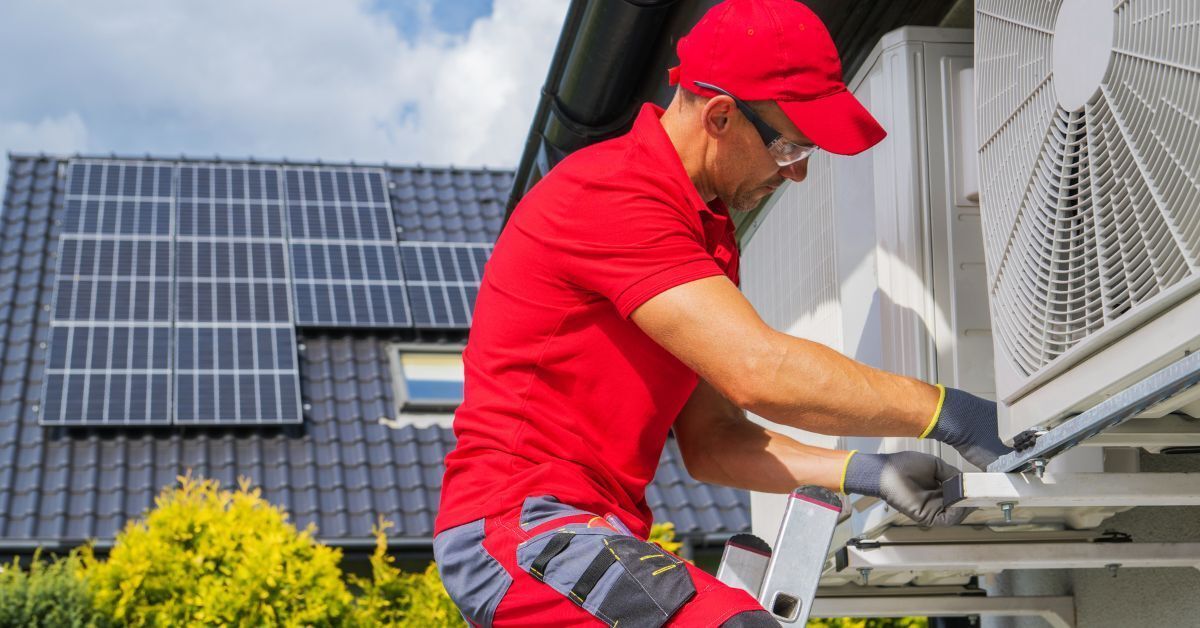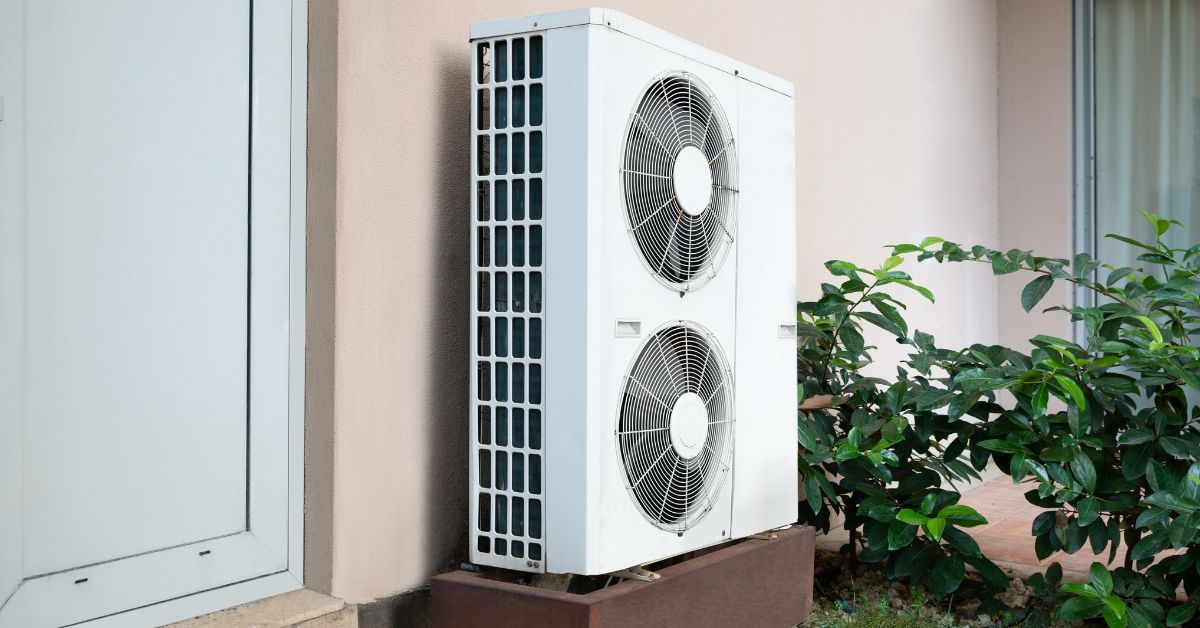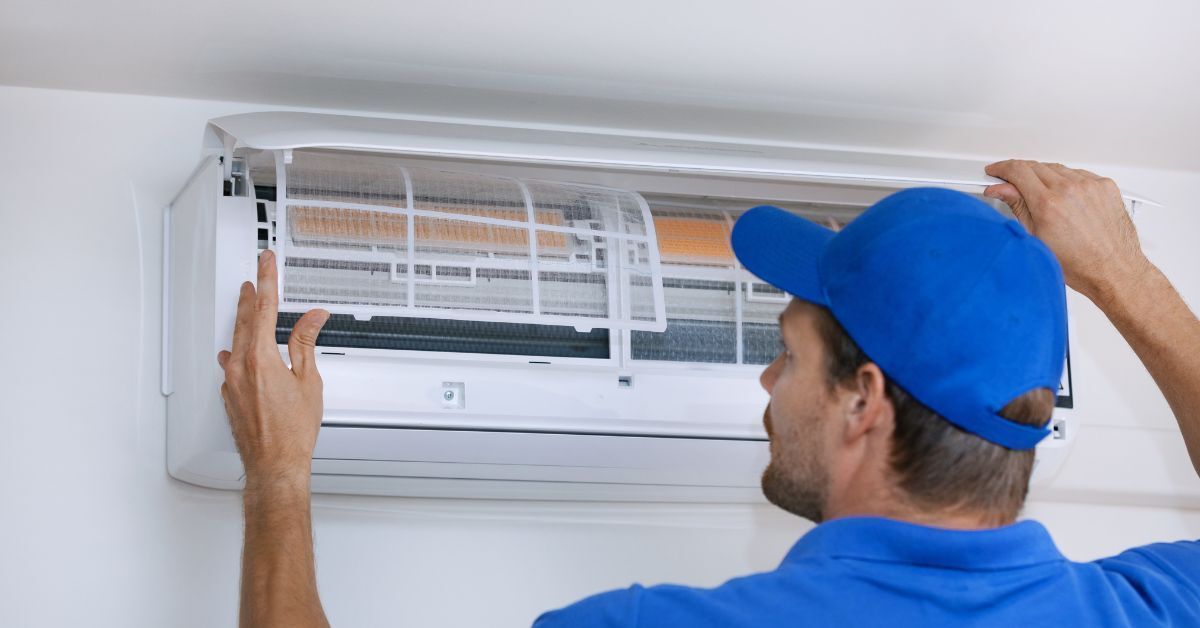Why Does My Air Conditioner Keep Freezing Up?
An AC unit that's frozen? Despite how odd it may sound, it does occur. It's not always true that cool air is entering the house if an air conditioner has pipes that are prone to freezing. The freeze-up and inability to circulate cooled air into the appropriate parts of the house could be brought on by a number of different factors. When an air conditioner freezes repeatedly or stays frozen for an extended period of time, serious damage could occur.
Frozen AC coils, unlike other HVAC issues, can be brought on by practically any systemic issue. It's evident that there is a problem if you notice ice or a coating of frost on your indoor unit, but figuring out the cause is more difficult. It is strongly advised to call for air conditioner repair in the Lake Sinclair area as soon as your air conditioner becomes frozen. Learn more about the typical causes of your AC freezing up and how you can avoid this frequent problem by reading on.
Signs That Your AC Coils Are Frozen
If your indoor unit's coils are frozen, there will likely be ice or frost on them as well as maybe on the pipes. You may not be able to see that, though, as many interior units aren't accessible. What other signs of frozen air conditioner coils are there then?
- The unit isn’t dispersing cool air as it should
- If your air conditioner doesn't feel like it's functioning properly, you probably have an underlying HVAC issue. Speak with a qualified HVAC contractor to have the situation evaluated.
- Rising humidity levels while the unit is turned on
- Confirm that the supply registers are receiving air. Frozen coils may be the issue if the air is warm or completely lost.
- Water leaking from the unit - Frozen AC coils may result in moisture accumulation which could well lead to condensation or water leakage in your property.
What Are the Primary Causes of a Frozen AC System?
Your air conditioner may freeze up for simple or complicated reasons. On the coils, frost can build up and form thick coatings of ice. The cause of AC coils freezing up could be as simple as having too many blocked vents or chilly summer nights, but it could also be a sign of a more serious technical problem. Here are some potential reasons to take into account if your air conditioner is freezing.
- Obstructed Air Filter - A dirty filter is one sign that contributes to most air conditioning problems. Dust and grime can accumulate in your air filter if it isn't cleaned once a month, preventing appropriate airflow. This leads to your refrigerant overcooling and freezing any condensation on your air conditioner as a result. Additionally, it can make your air conditioner blow heated air.
- A Refrigerant Leak - The temperature of the refrigerant rises when it is under pressure; when it expands, the temperature falls. Pressure decreases when a refrigerant line leak occurs. As more refrigerant is lost from the system, more ice will build up on the coils.
- Limited Air Circulation - A healthy airflow is necessary for proper performance. Inadequate power to the blower motor, which results in subpar performance and freezing problems, is one of several causes of ineffective operation and AC unit freezing.
- A Defective Thermostat - The thermostat and air conditioner work together to maintain a constant temperature by monitoring the temperature frequently and adjusting how hard the air conditioner must work. A malfunctioning thermostat could lead to the AC running too long and wearing down the system if it manages improperly. Unchecked overuse of an air conditioner could result in frozen coils.
- Dirty coils - It is more difficult for the refrigerant to absorb heat when there is dirt between the air and the coils. Condensate starts to freeze on the coils as a result, severely restricting heat flow.
- A Faulty Blower Fan - Warm air is drawn into the air ducts by the blower fan, which then distributes cool air all over the house. Ice will start to build up on the evaporator coils if the air conditioner is left running if the fan or its motor isn't functioning properly, which stops the heat transmission process.
- Lower Outside Temperature - Although low temperatures are rarely a problem in the summer, at rare times they might drop drastically at night. The system cannot function properly and ice may develop on the coils if the outside temperature falls below a particular point.
- Incorrectly Angled Window AC - The AC unit should be gently slanted such that the interior is more elevated than the exterior half. If not, water doesn't drain out of the drain hole. Rather, it remains within the appliance where it could freeze.
Avoid Having An Icy Air Conditioner
By exercising a few precautions and paying attention to how the system responds to temperature fluctuations, freezing problems can be prevented or minimized. In conclusion, the following is what you should do to stop the AC from freezing up:
- Monthly filter clean-up or replacement.
- Increase the fan's speed.
- Ensure the supply vents are open.
- Check the condensate drain every week.
- Verify that any window units you have are slanted properly.
- Observe your thermostat’s input.
- Have a refrigerant leak checked by a qualified HVAC technician.
Overall, scheduling routine preventative maintenance is the best approach to steer clear of the issues that lead to an air conditioner freezing. While homeowners can perform routine maintenance and visual inspections, a skilled HVAC professional should handle mechanical problems, coolant leaks, and sophisticated problem-solving.
Your comfy, refreshing home relaxation might suffer greatly from a frozen air conditioner, whether it's a simple remedy or a more significant problem. The easiest method to solve your air conditioner problem is to schedule a service appointment with American Heating & Air. For further information, to schedule a repair, or to schedule routine maintenance, please call
(478) 452-5990
. We are pleased to offer our services to Milledgeville, Eatonton, Sparta, Gordon, GA, and the nearby Lake Sinclair area.
